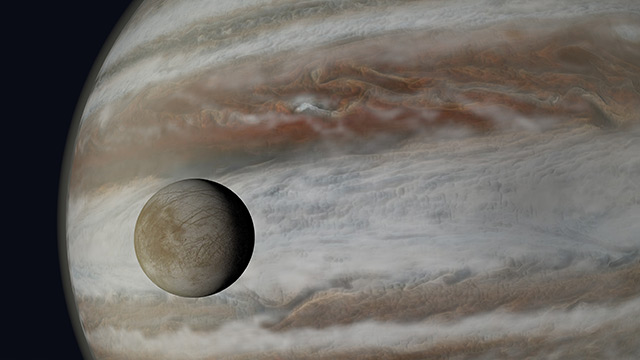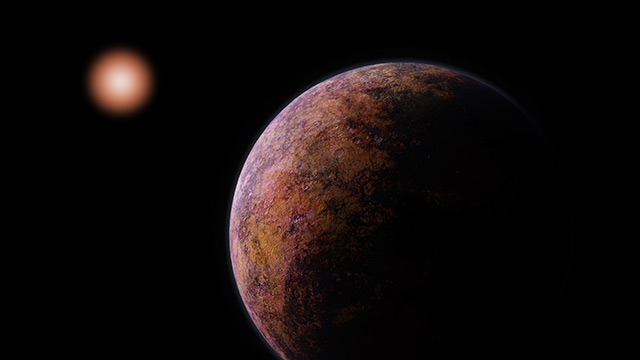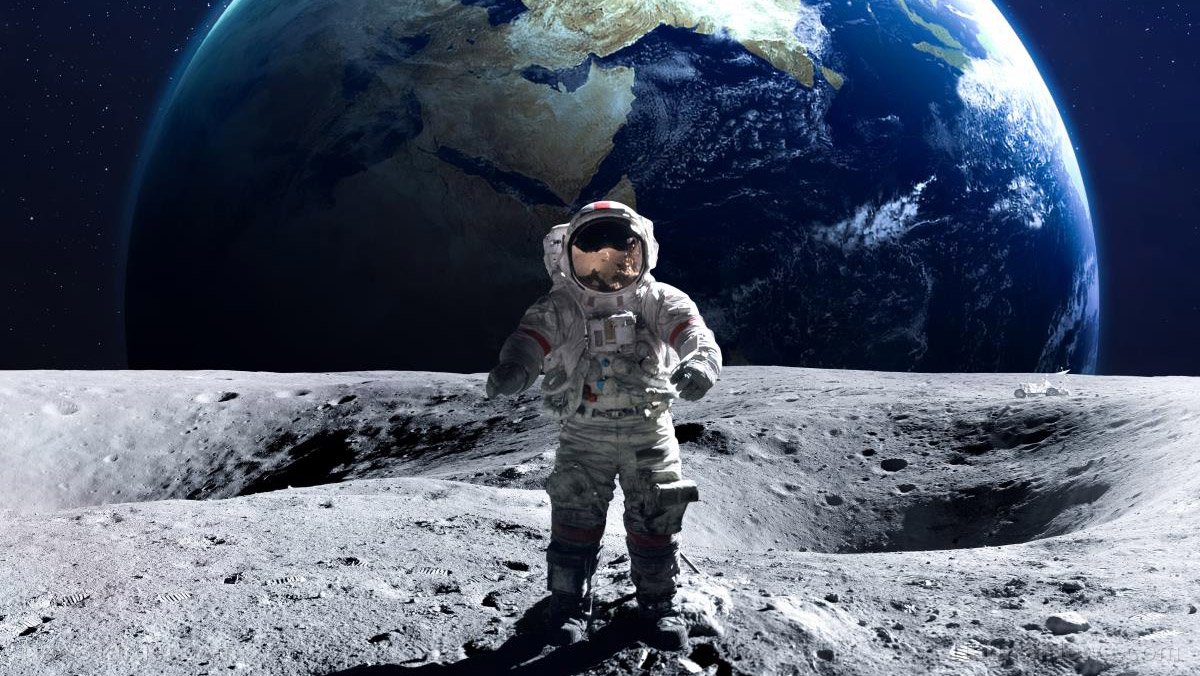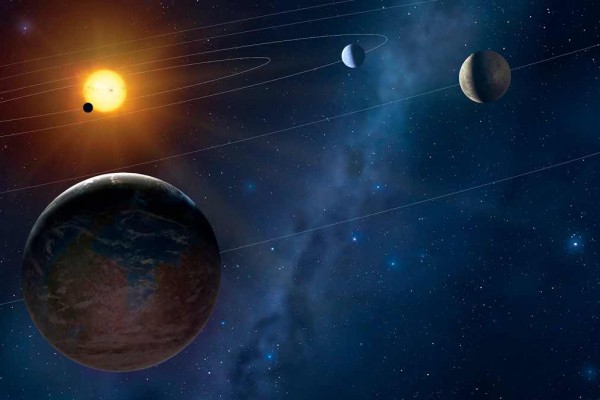It has been an exciting couple weeks for Mars: NASA announced that seasonal water flows on its surface. The space agency is more thirsty than ever to explore the red planet. Now, NASA believes such a trip may be feasible by 2030.
NASA recently unveiled a three phase plan entitled “Journey to Mars: Pioneering next steps in space exploration.” As the title suggests, there are three thresholds, all of which have their own challenges, that humanity must overcome in order to set foot on the planet.
“NASA is closer to sending American astronauts to Mars than at any point in our history,”said NASA Administrator Charles Bolden. 1
“Today, we are publishing additional details about our journey to Mars plan and how we are aligning all of our work in support of this goal.”1
“In the coming weeks, I look forward to continuing to discuss the details of our plan with members of Congress, as well as our commercial and our international and partners, many of whom will be attending the International Astronautical Congress next week.”1
How to ace space
Mars is far. It’s nearly 40 million miles away and would require a 245 day trip to reach, but that’s not stopping NASA officials. The first step to set foot onto the red planet is already underway. Astronauts are living on the International Space Station (ISS) in order to test how their bodies cope in space.
Technologies, such as 3D printers, are also being tested on board the ISS, which would be useful in terms of recreating equipment that breaks down while humans coast along the red plains.1
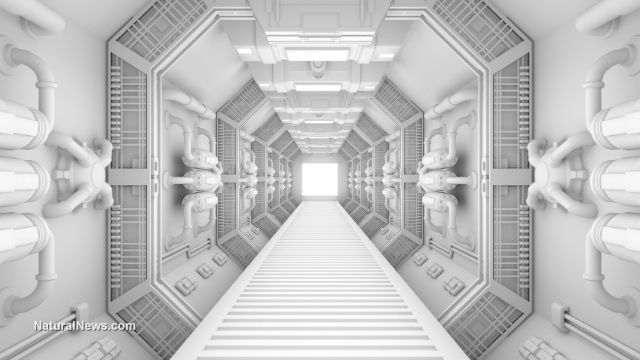
The second step consists of testing deep space habitats and new space craft. NASA plans to launch multiple deep space missions within a decade. Asteroid Redirect Mission (ARM) is in its preliminary stages, which will test technology required to carry massive items to the planet. The ARM will consist of taking a chunk of space rock from an asteroid and moving it to the moon’s lunar orbit where astronauts will visit within a decade.
Nasa’s Orion capsule and Space Launch System will be used to reach the space rock and are currently under development. They are expected to fly together for the first time by 2018 on a seven day long, unmanned mission around the moon.
Putting cars on Mars
Orchestrating a new piece of space transportation is necessary in order to go to Mars. By 2020, the space agency hopes to have a deep-space habitation system in the works. “A modular, pressurized volume would enable extended stays by crews arriving with Orion,” said the report.1
Putting astronauts on the surface of Mars is the third phase in NASA’s report. This will be aided by information gathered on human space stations and robotic Martian explorers. Data will be acquired through forthcoming landers, including InSight, which is expected to launch next year. Other landers are hoped to be launched by 2020.1
Engineers designed new technology to place Curiosity, which weighs about as much as a small car, on the surface of Mars. Experts now face the daunting challenge of placing ten times that much weight, along with people, on the planet’s surface.
The report concludes: “These challenges are solvable, and Nasa and its partners are working on the solutions every day so we can answer some of humanity’s fundamental questions about life beyond Earth: Was Mars home to microbial life? Is it today? Could it be a safe home for humans one day? What can it teach us about life elsewhere in the cosmos or how life began on Earth? What can it teach us about Earth’s past, present and future?”1
Sources include:
(1) DailyMail.co.uk







